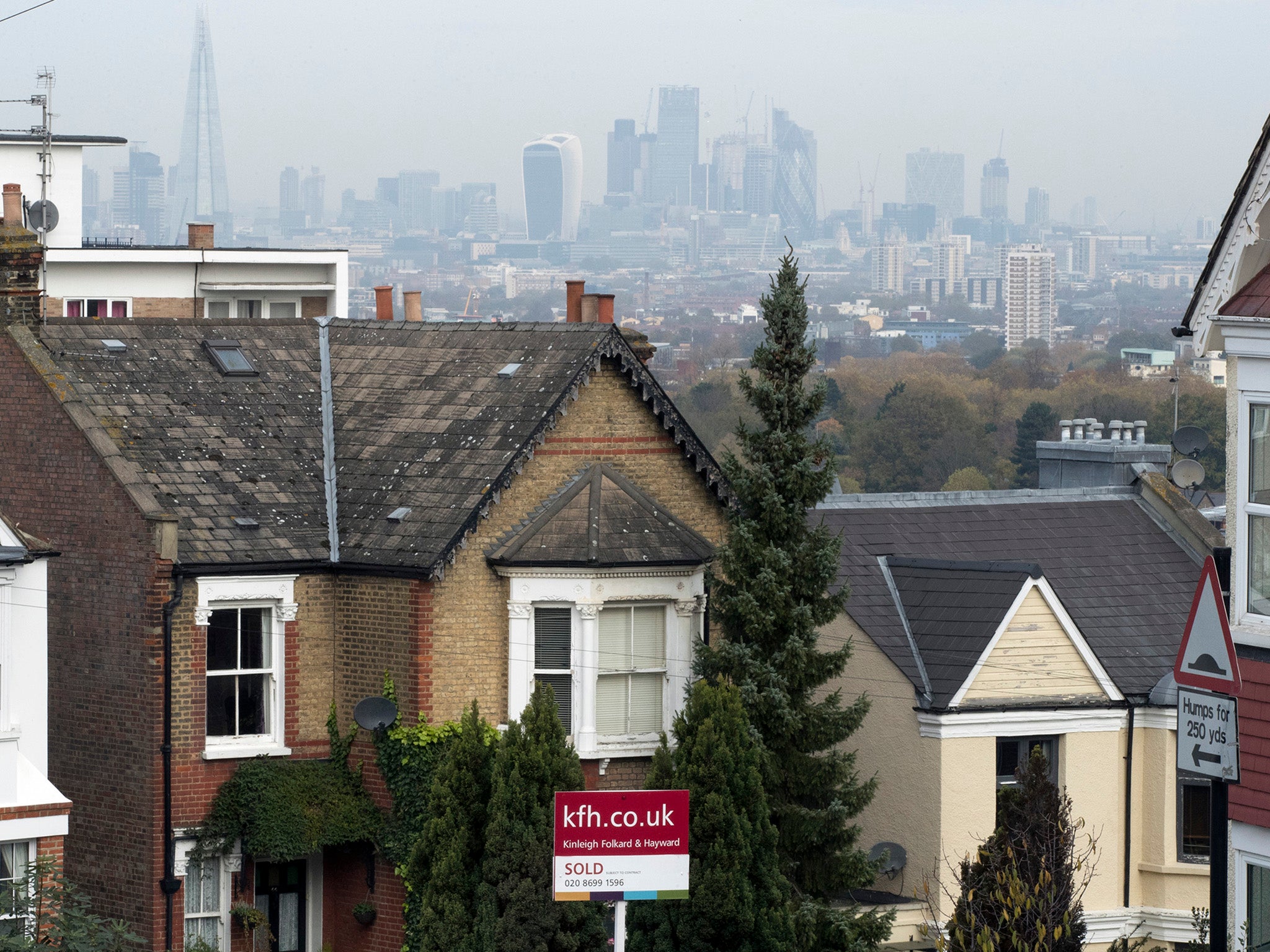Labour says government plans to provide renters with greater stability are 'meaningless'
‘Any fresh help for renters is welcome but this latest promise is meaningless if landlords can still force tenants out by hiking up the rent’

New government proposals to provide renters with greater security through minimum three-year tenancies were criticised by Labour, which said the plans were “meaningless” without controls on rents.
Current figures show that 80 per cent of tenants have contracts of six to 12 months and it is well known that landlords enjoy greater freedom to evict occupants from their properties than in the US, Canada, Germany and elsewhere.
The mandatory minimum three-year contract, which is being consulted on at the moment, would stop landlords forcing tenants out at short notice and would be a marked improvement on the current protections.
Communities secretary James Brokenshire said the move would allow renters to put down roots and give property owners more financial security.
“It is deeply unfair when renters are forced to uproot their lives or find new schools for their children at short notice due to the terms of their rental contract,” he said.
“Being able to call your rental property your home is vital to putting down roots and building stronger communities.
“That’s why I am determined to act, bringing in longer tenancies which will bring benefits to tenants and landlords alike.”
However, Labour said the plans don’t go far enough and that only controls on rents, which are largely unregulated unlike in many other similar countries, would adequately protect tenants.
Shadow housing secretary John Healey said: “Any fresh help for renters is welcome but this latest promise is meaningless if landlords can still force tenants out by hiking up the rent.
“That’s why Labour’s new rights for renters include controls on rents as well as an end to no-fault evictions and protection against substandard rented homes.”
The housing charity Shelter said the proposals represented “an important step forward” but said the government should go beyond three years if it really wants to provide stability for renters.
“Losing a tenancy is the main driver of homelessness and also causes huge instability for renting families so everyone who rents will be very pleased to see a move towards longer tenancies,” said Polly Neate, chief executive of Shelter.
“But if the government really wants to stand up and provide stability for renters, they can and should go beyond three years to provide real protection from eviction, and the huge upheaval of having to move home, jobs and schools.”
“The government needs to bring forward new legislation quickly – with tens of thousands of families already homeless and many more at risk of the same fate, we simply cannot wait.”
Rough sleeper numbers have risen for seven consecutive years since 2010 when the Conservative party took power, while housebuilding has fallen to its lowest level since the 1920s as developers face accusations from campaigners that they are purposefully limiting supply to keep prices high.
Renters stay in a home for an average of four years but eight in 10 contracts are for a minimum of six or 12 months.
Under the proposals, tenants would be able to leave before three years but would have greater protection if they wanted to stay put.
The consultation will look at whether there should be exemptions for student accommodation and other types of tenant.
The latest English Housing Survey found that 46 per cent of 25 to 34-year-olds live in private rented accommodation, compared with 27 per cent in 2006-7. In London, private renting is now the most common form of tenure.
The government has pushed through a raft of policies that have fuelled instability for renters since it came to office, most notably depriving people of the right to live in their council home for life.
Meanwhile, there are 1.15 million households on waiting lists for social housing and the issue is becoming ever more acute as councils do not replace housing stock sold under the right to buy.
The passage of the Housing and Planning Bill, in 2016, coincided with the news that 72 of the Conservative MPs who voted to reject a proposed rule that would have required private landlords to make their homes “fit for human habitation” were themselves landlords.
Subscribe to Independent Premium to bookmark this article
Want to bookmark your favourite articles and stories to read or reference later? Start your Independent Premium subscription today.

Join our commenting forum
Join thought-provoking conversations, follow other Independent readers and see their replies